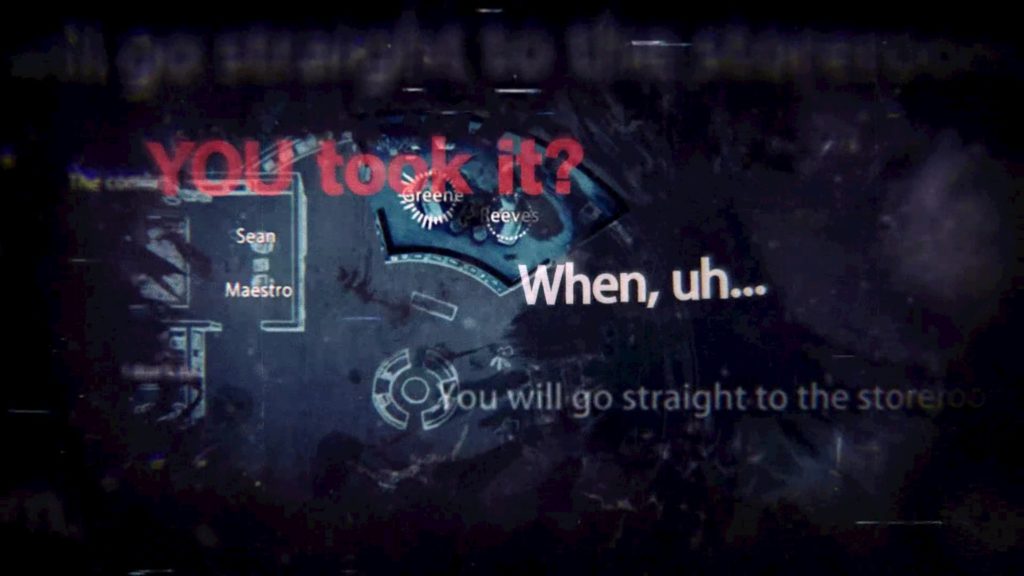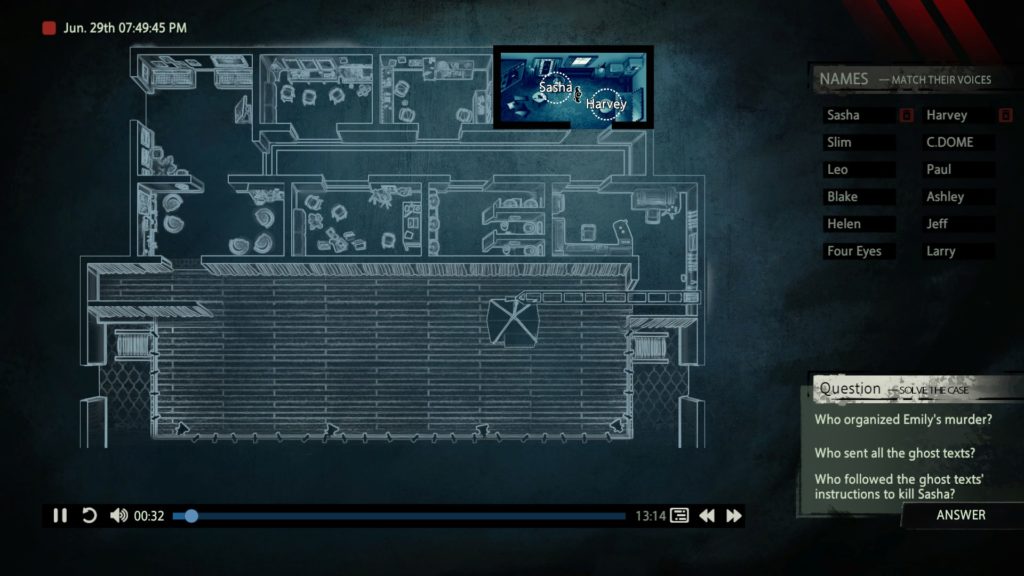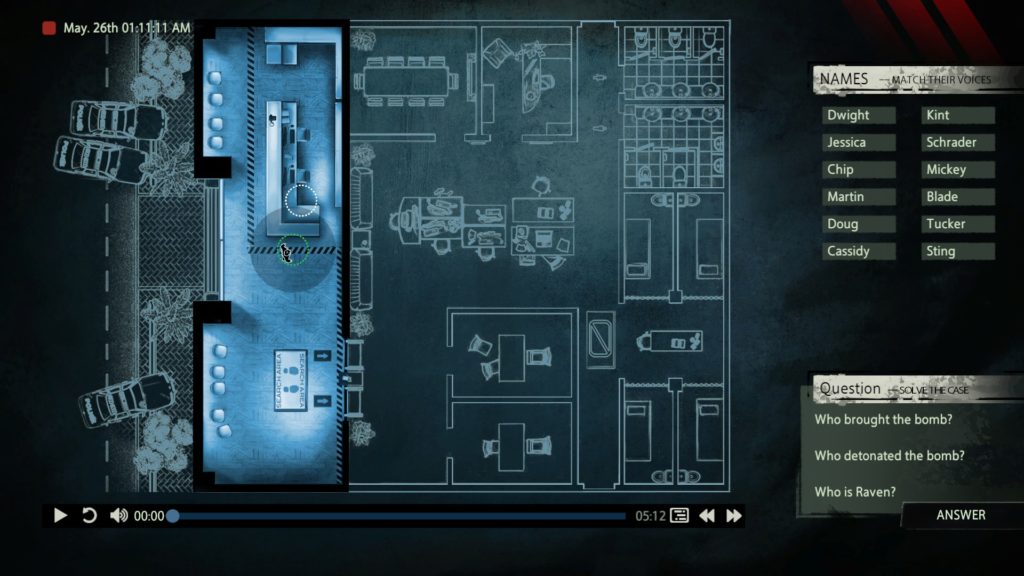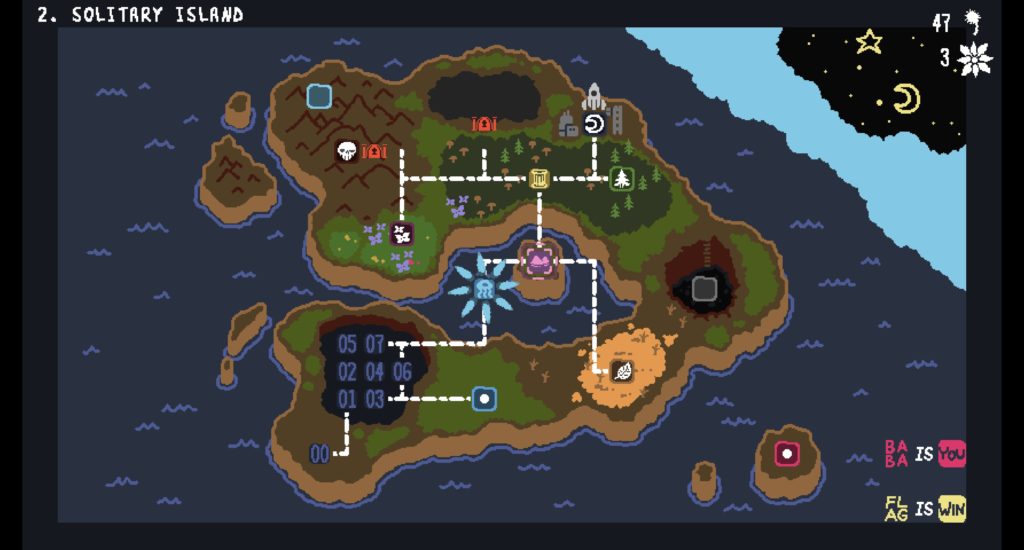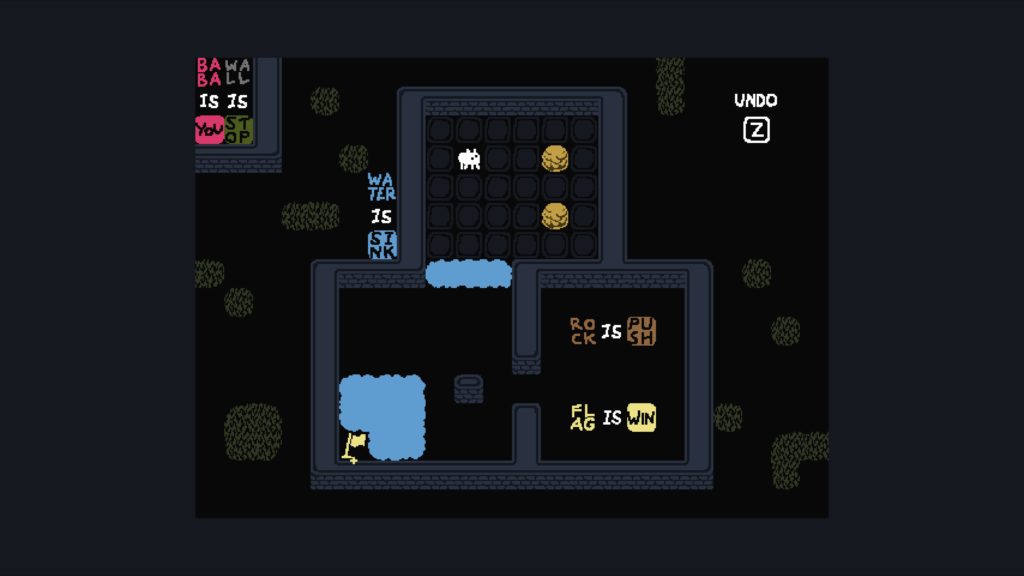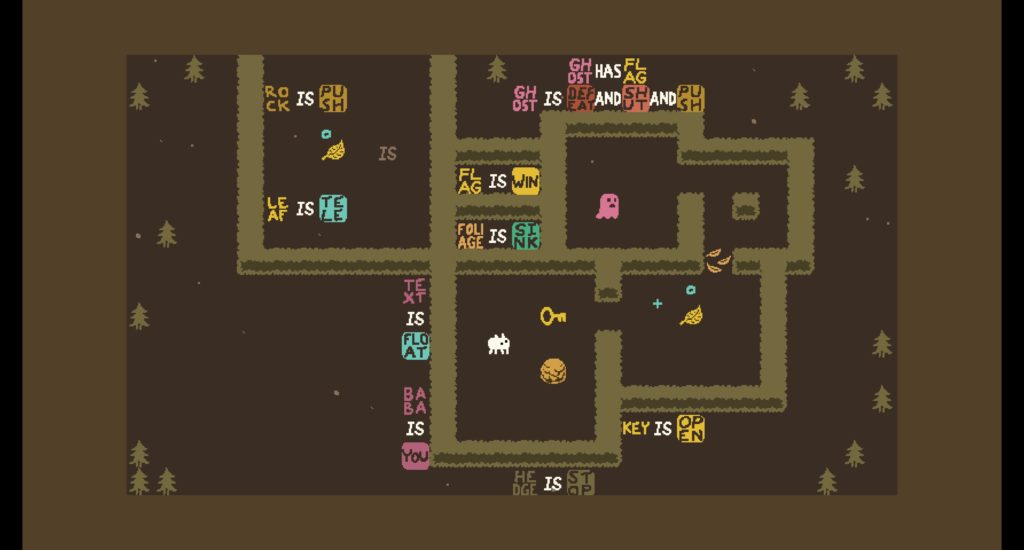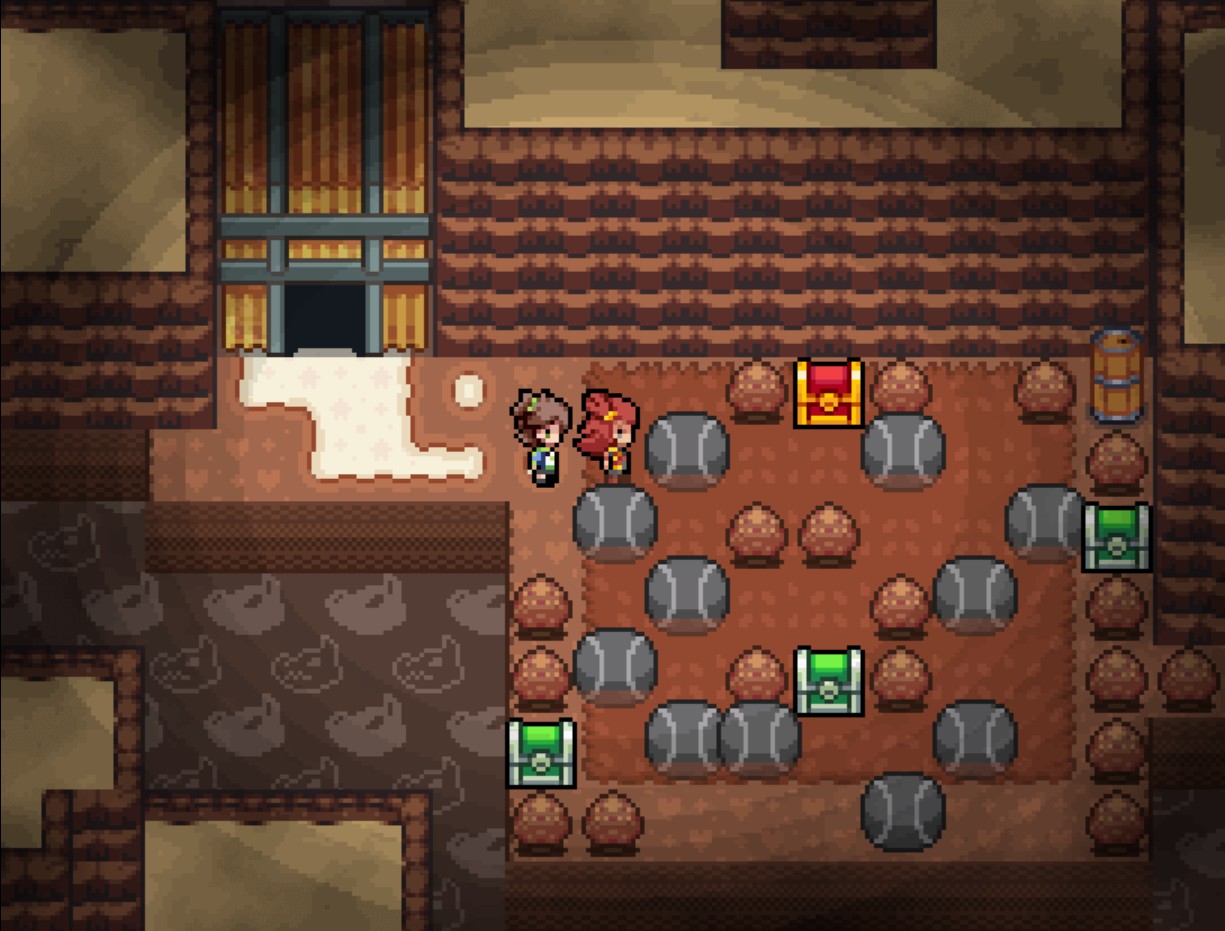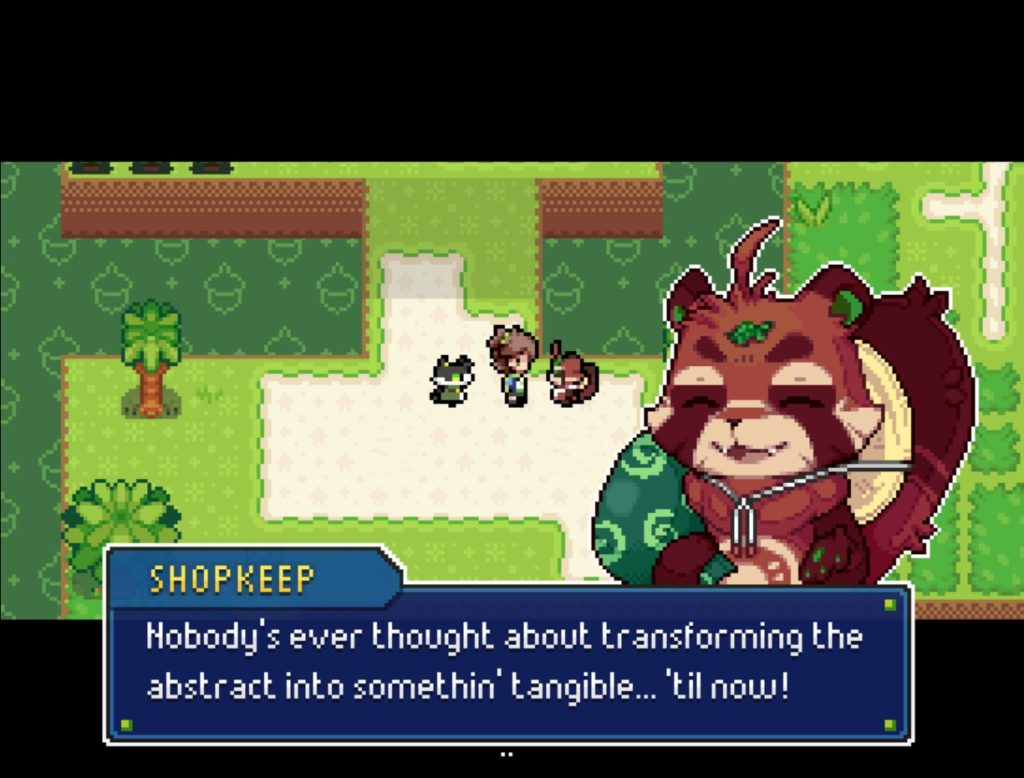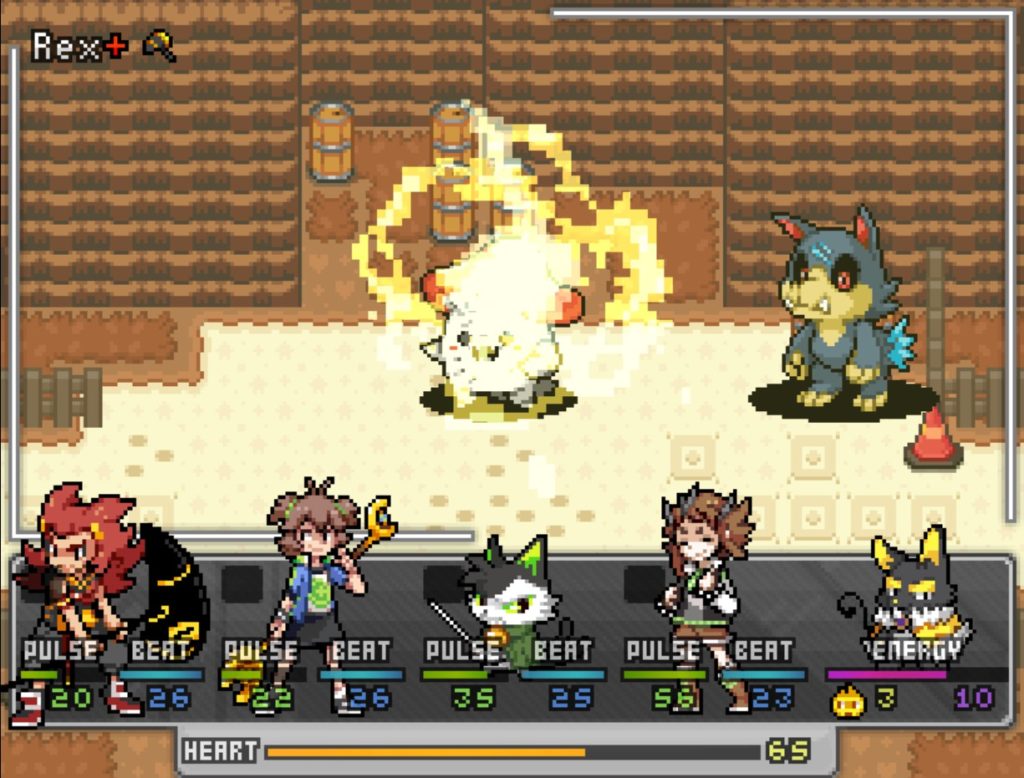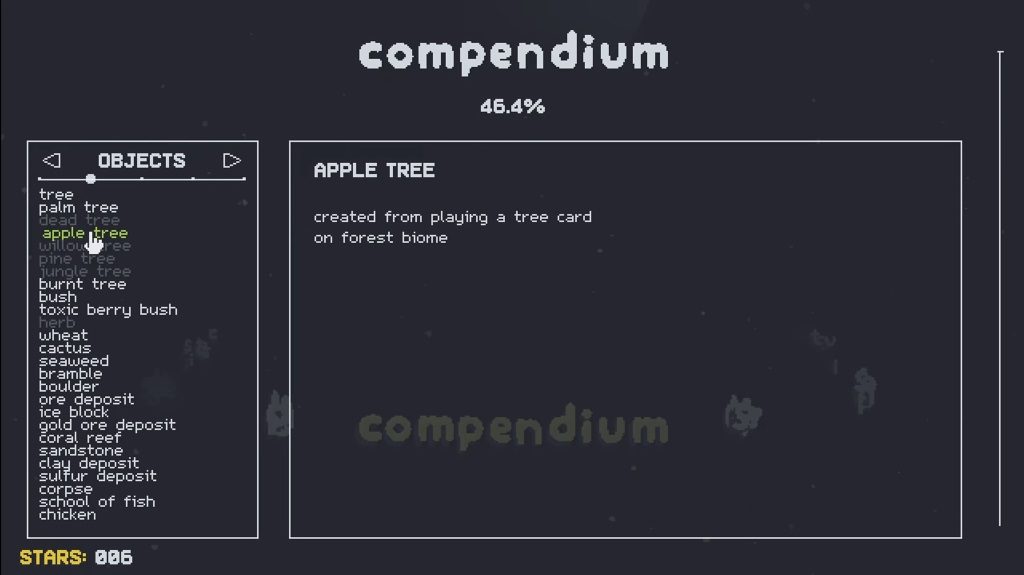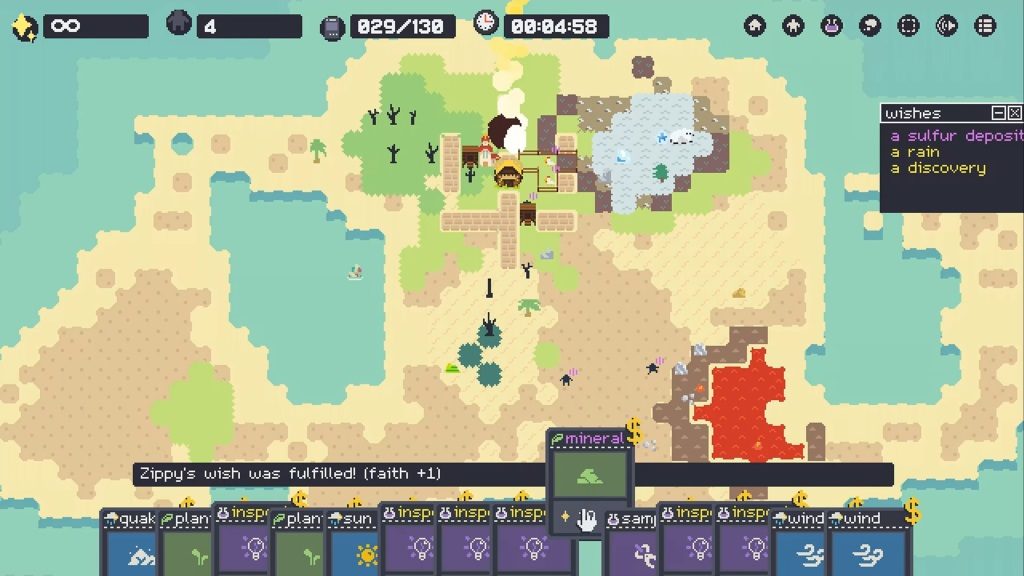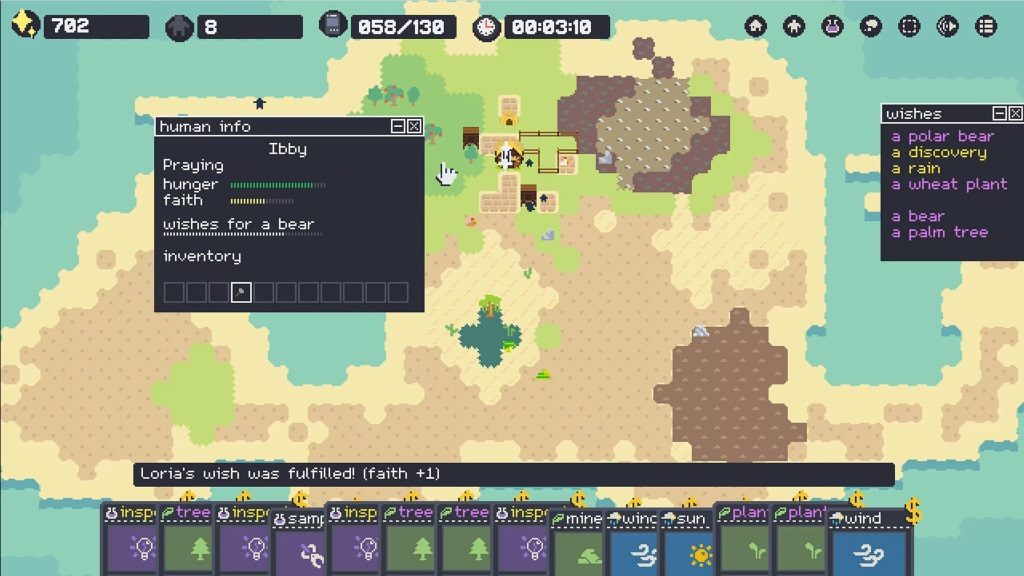The 7th Guest: 25th Anniversary Edition (Review)

Source: Cashmoneys
Price: £7.19
Where To Get It: Steam
25 years it’s been, since we first visited the house of Stauf, the serial-killer toymaker who lived in a devilish House that Jack Built. A game that sold many a CD-ROM back in the day, but nowadays receives either quaint chuckling or ear-shattering rage, depending on when somebody experienced the dread Microscope Puzzle.
Oh, and anniversary editions that are actually ports of mobile editions. That too.
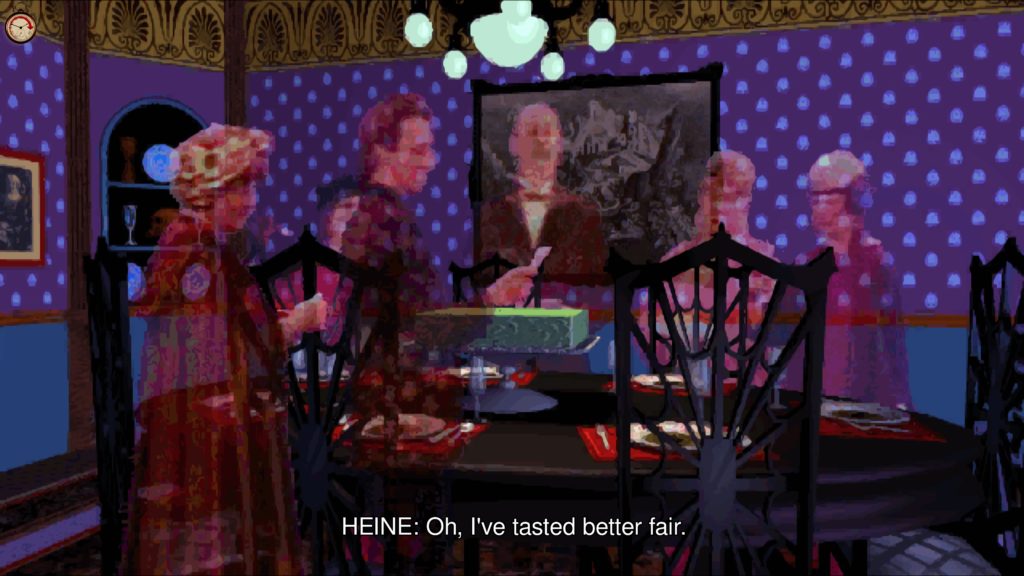
For those who haven’t seen The 7th Guest, it’s a spooky puzzle adventure in which six guests (that you know of) have been invited to the mansion of Stauf, a mysterious and murderous toymaker. They all vanished, long ago, but you see their ghosts as you, a man with no memory, explore the house, solve puzzles, are taunted by Stauf, and eventually discover the mysteries, like… What happened to the other 6, why children died when they bought Stauf toys, and… Who the 7th guest was… It was interesting stuff, and most of it’s aged fairly well. Normally, anyway.
In case that first pair of paragraphs hadn’t clued you in, The 7th Guest 25th Anniversary Edition’s value mostly lies in its extras. The rejiggered graphics are, indeed, rejiggered in the technical sense, but in the technical sense of “Upscale, smoothing filter applied.” The audio’s alright, but the “totally new” control scheme is… Well, it’s actually clunkier than the original, which is a thing to behold. Rather than smooth shifts between contextual controls, there’s a giant mouse cursor (For lo, the game has no windowed mode, and resolution changes happen twixt menu and game… Even menu to menu, in some cases) that shifts between “Big pointy thing” to the beckoning skeletal fingers and eyeballs we know and love (Some of which stay on screen blinking for a bit after you’ve moved selections.)
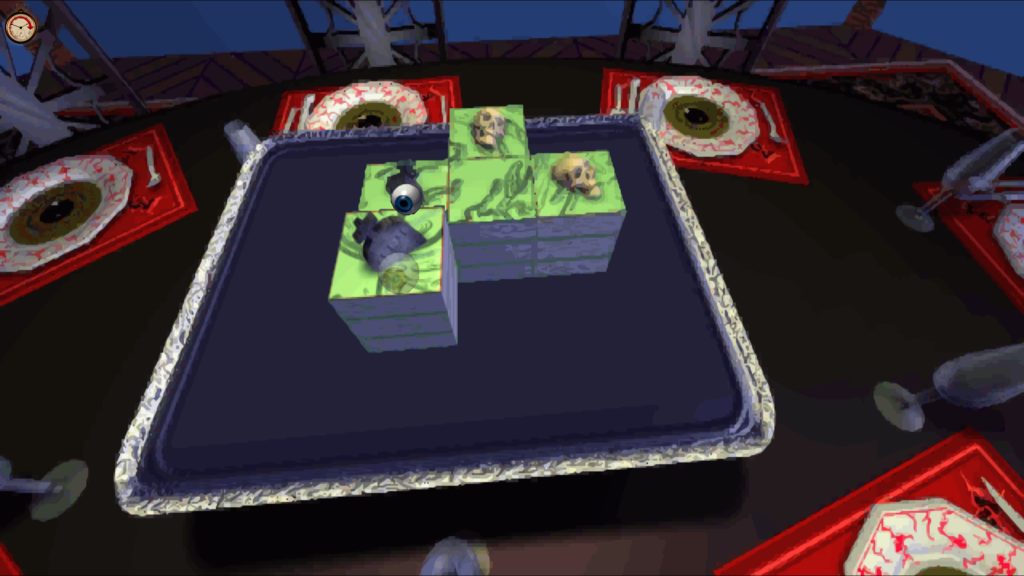
Sooo… In general, the nicest thing I can say is “The map looks a bit clearer, and the sound’s a little cleaner.” Not a good start. But how about the dread Microscope Puzzle?
Well, apparently that’s a third somewhat nice thing. It has been retooled, somewhat, to the point where opinions actually differ on whether the thing’s an utter bastard to finish. But that, essentially, is about it. A clunkier interface and smoothed upscale doesn’t make for a great experience, and, while those can be removed (Along with the nicer map, by choosing “Original” graphics), it ends up with either money I’ve already spent on The 7th Guest itself, or a port of a port that feels less pleasant to play.
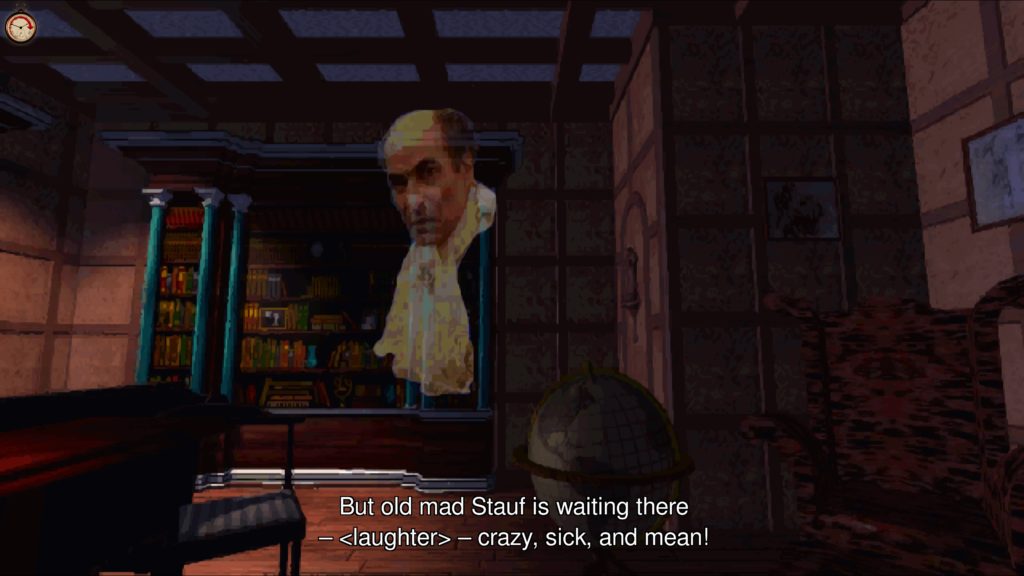
Neither are a particularly pleasing choice to me, and so I leave by repeating what I said earlier: Unless the extras interest you, this is probably one to avoid.
The Mad Welshman normally doesn’t disapprove of ports. But, here’s the thing… They have to be decent ports.


